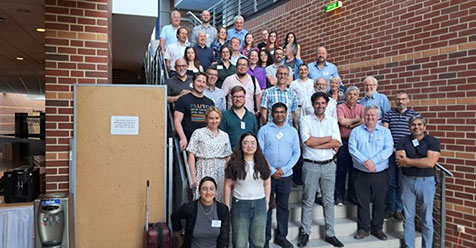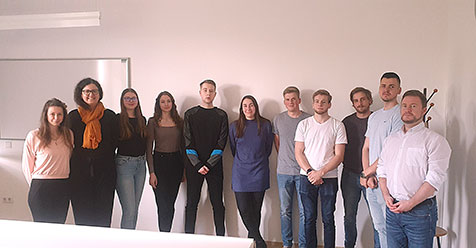Good practices in academic support of educators
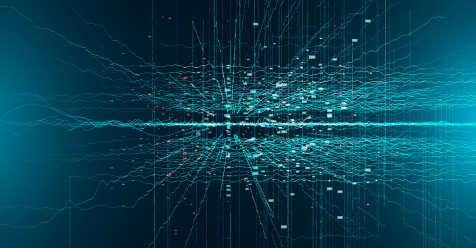
Author: Eva Szalma, BME MTI
The Institute of Continuing Engineering Education (BME MTI) is taking an increasing role in continuous education of BME lecturers, providing a type of academic support that the University is required to provide for its teaching staff according to its accreditation requirements. To gather good practices, colleagues Dénes Zarka, the director of BME MTI, together with project manager Eva Szalma, have visited the Academic Support Center at Vilnius Gediminas Technical University (VILNIUS TECH) in October as part of the Erasmus+ Staff mobility for Training initiative.
The Academic Support Centre empowers educators to address modern teaching challenges through innovative strategies, technological integration, and student-centered approaches. Comprising experts in education, psychology, and digital skills, the Center enhances teaching competencies through seminars, consultations, and training programs while fostering lifelong learning.
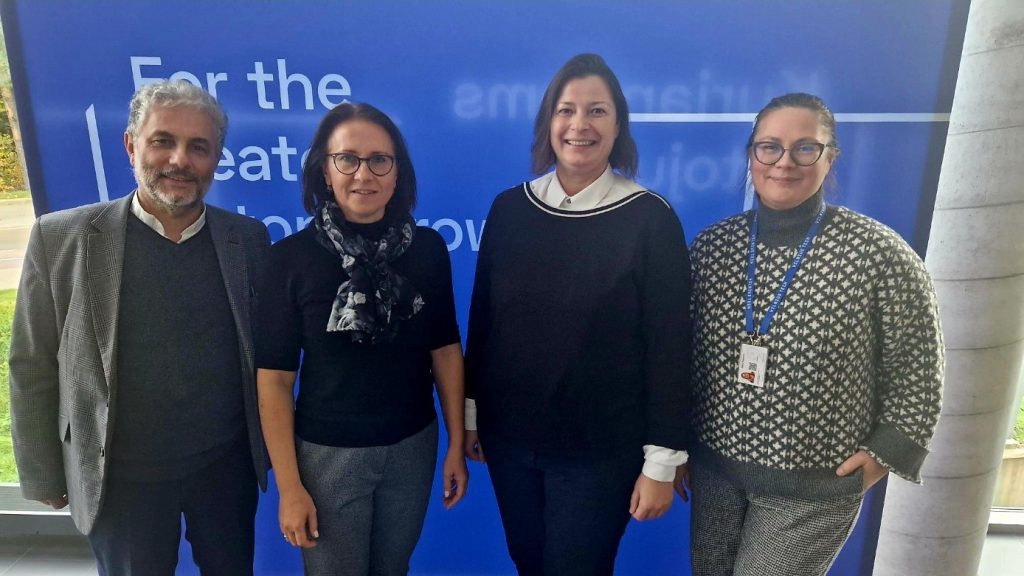
The mandatory training program for lecturers at VILNIUS TECH requires all educators to complete annual and tenure-based training hours, with new lecturers needing 40 hours per tenure and experienced lecturers 20 hours. The program focuses on enhancing educational competencies, such as learning psychology, stress management, and intercultural communication, while integrating modern teaching methods like flipped classrooms and course digitalization via Moodle, which is a mandatory platform with defined standards for usage.
Training sessions include 1-2 seminars per semester and offer formats ranging from face-to-face, considered the most effective, to hybrid and asynchronous online seminars. The program also integrates training into the PhD curriculum, ensuring early career lecturers develop essential teaching skills. Participation is robust, with approximately 400 faculty members engaging annually, primarily through seminars and individual consultations.
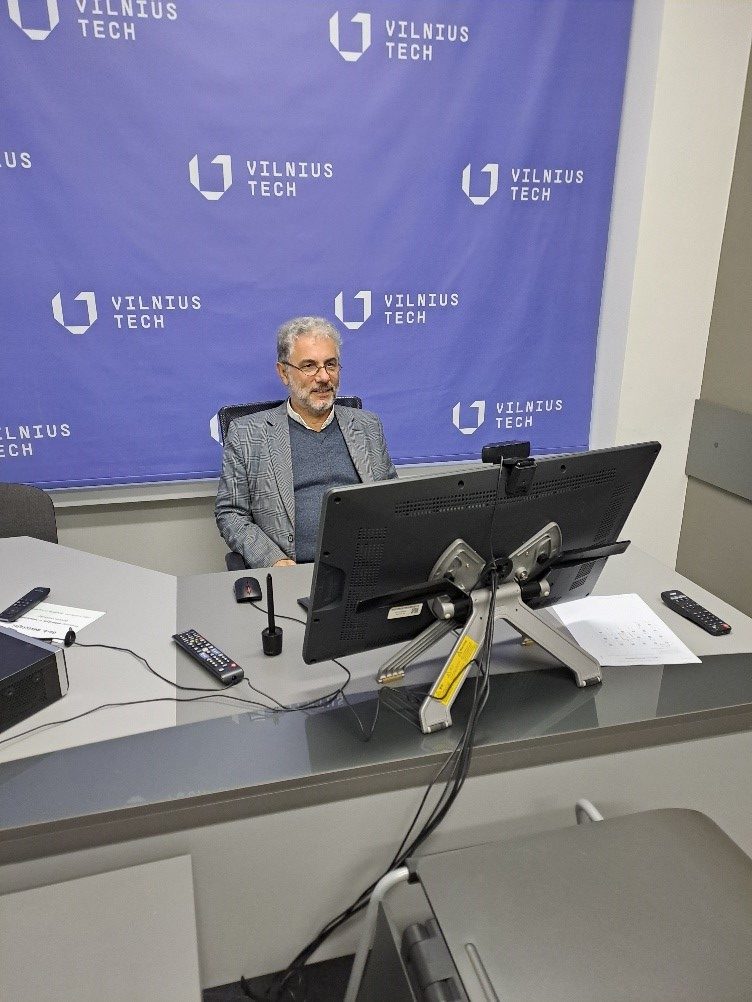
The program is supported by a structured peer review process and centralized funding, with bonuses available for faculty curators. Student evaluations of lecturers are reviewed in dedicated departmental meetings, further emphasizing the program’s commitment to quality improvement. Through innovative teaching methodologies and ongoing training opportunities, the program supports the professional development of educators and promotes excellence in teaching practices.
The visitors from BME have also learnt about the digital badge system at Vilnius Tech. It is a sophisticated platform for recognizing and recording skills and competencies, widely applied in lifelong learning and education. Each badge carries metadata documenting the recipient, issuer, achievements, and endorsements, providing a verifiable and comprehensive record. This system emphasizes the recognition of non-formally acquired skills, allowing the university to highlight active students, enabling learners to document their growth, and offering employers reliable evidence of candidates’ capabilities and interests.
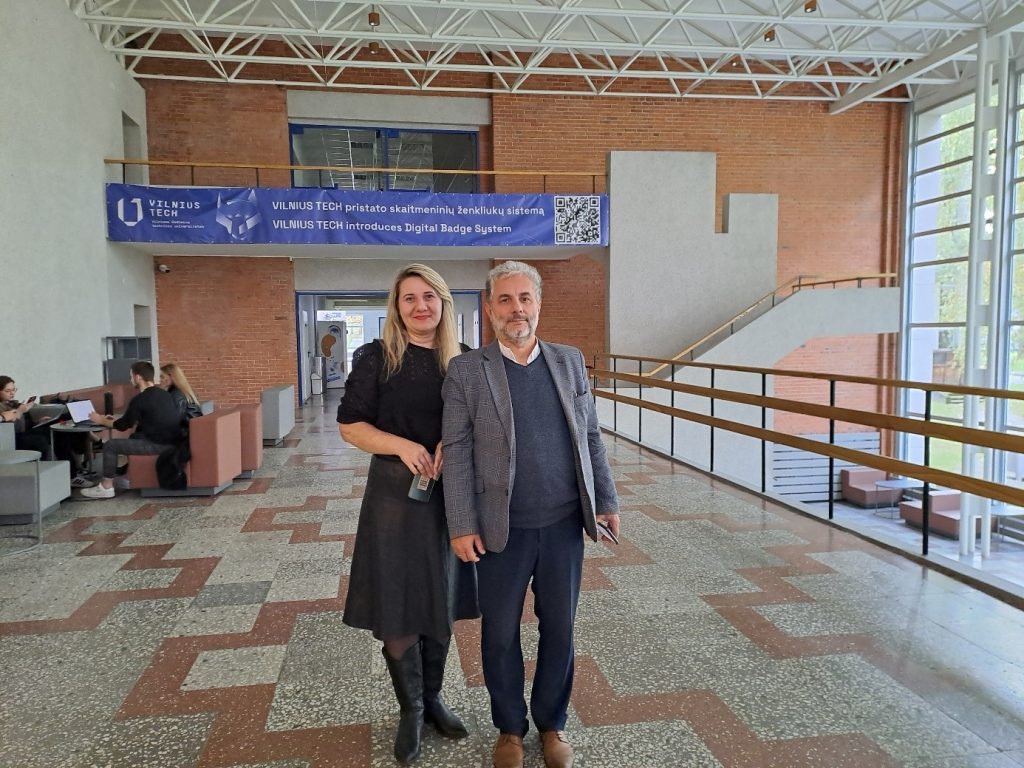
Students can register via the Badgecraft platform or BadgeWallet app to participate in over 200 extracurricular activities tied to structured programs. These programs span career development, volunteering, internationalization, student representation, and science and innovation, fostering critical skills like leadership, communication, and creativity. Badge levels reward progression and consistent engagement, while gamification techniques enhance the system’s appeal and underscore the value of earning badges.
Vilnius Tech promotes the badge system heavily among its employees, encouraging them to become ambassadors who use the system to recognize student achievements and competencies. Employees can also register their activities under specific categories, further integrating the system into the academic and administrative framework.
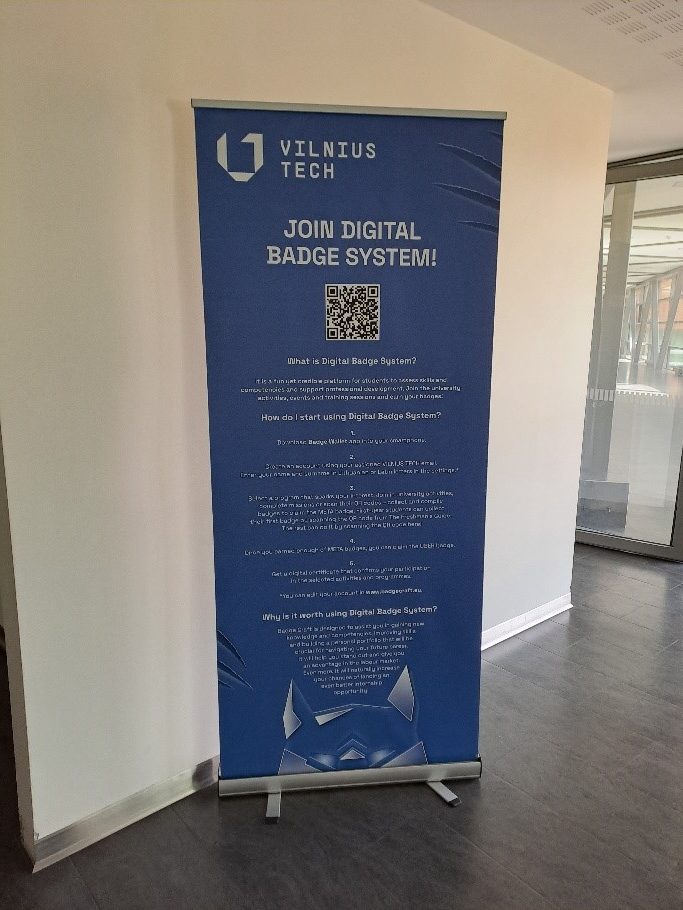
With over 2,500 active users and nearly 7,000 badges issued across a wide range of competencies, Vilnius Tech’s digital badge system represents an innovative approach to bridging education and professional development. It supports lifelong learning, fosters a culture of recognition and motivation, and strengthens the connection between academic achievement and career readiness.
The BME Institute of Continuing Engineering Education and the Vilnius Gediminas Technical University plan on continuing their collaborations on the field of academic support and digital badge systems. At present new Erasmus+ project proposal ideas are in the works as well as plans to mutually exchange teacher training courses that are available in English and online.


